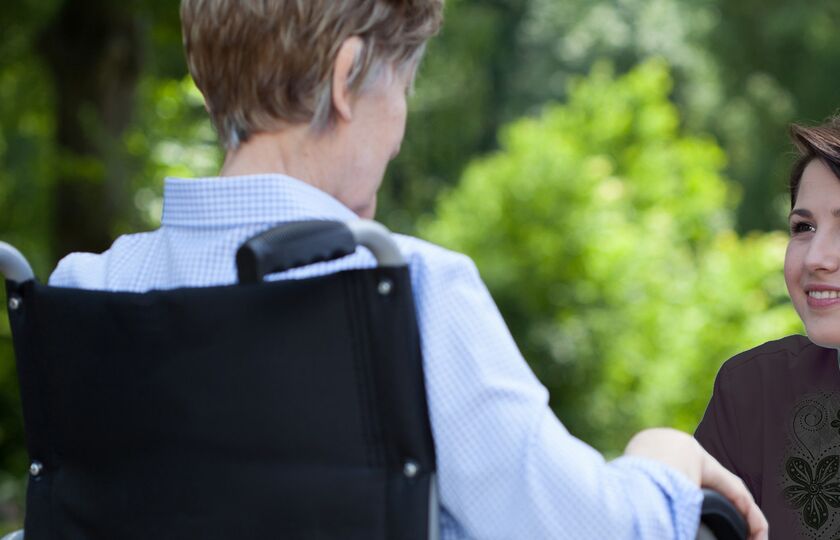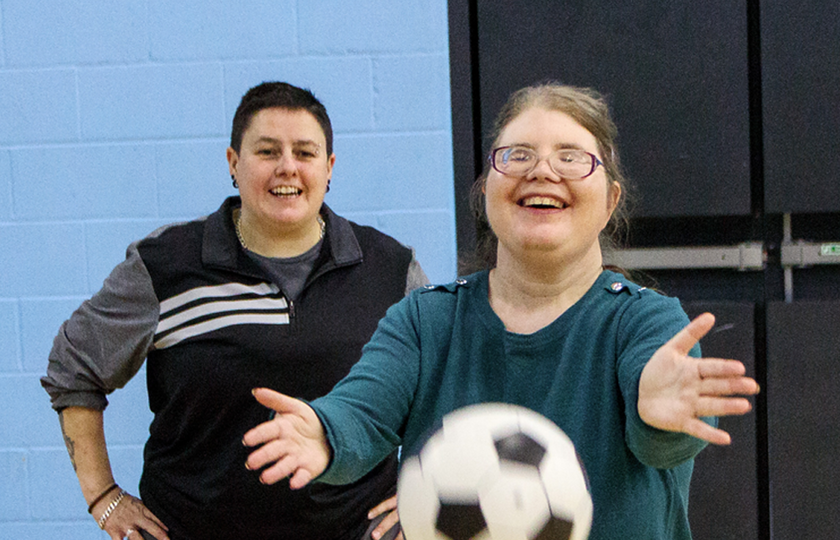What we do
Positive Behavioural Support
Sometimes people we support display behaviours that may be challenging for the people around them. This can place that person and those around them at risk, and impact on their quality of life.
If you or someone close to you has ever been given the label of ‘challenging behaviour’, you will know that it can be very negative and restrictive.
There are many reasons why these behaviours can happen. Ultimately, they communicate an unmet need and serve a legitimate purpose for the person, as they are the means to achieve the unmet need. Improving quality of life can lead to reduced behaviours that may challenge. We must always remember that if someone is living the life they want, supported by those they want, and in the way they want, they are less likely to display these behaviours.
Our aim is to provide environments that work for people, to make sure that their support staff have the skills and knowledge to encourage choice and control in their lives. This will leaded to an improved quality of that life. To this end we adopt the Positive Behaviour Support approach to supporting people.
I got to know more about how to support people more positively. Comment from a training workshop
What do we do?
The aim of our work is to develop positive and proactive strategies based on functional assessment and analysis.
We consider changes to environments, teaching skills and other specialist approaches. Such strategies may take time to become effective.
Rarely, the risk may be so immediate that a physical intervention may have to be used. In this case, our staff are trained on what to do and risk assessments are in place.
All reactive strategies are least restrictive and non-aversive. Gary Aldridge, Positive Behavioural Support team
For reactive strategies, we offer PROACT- SCIPr -Uk® BILD accredited training.
With everything we do, we provide the individual with the tools to meet their needs, in a way that promotes safety and a full life. Too often in the past support services have relied on responding to behaviour once it happens. Our aim is to find the function of any behaviour and meet that function, preventing the need for behaviour to happen.
If you would like more information about positive behavioural support, here's a guide on the NICE website.




